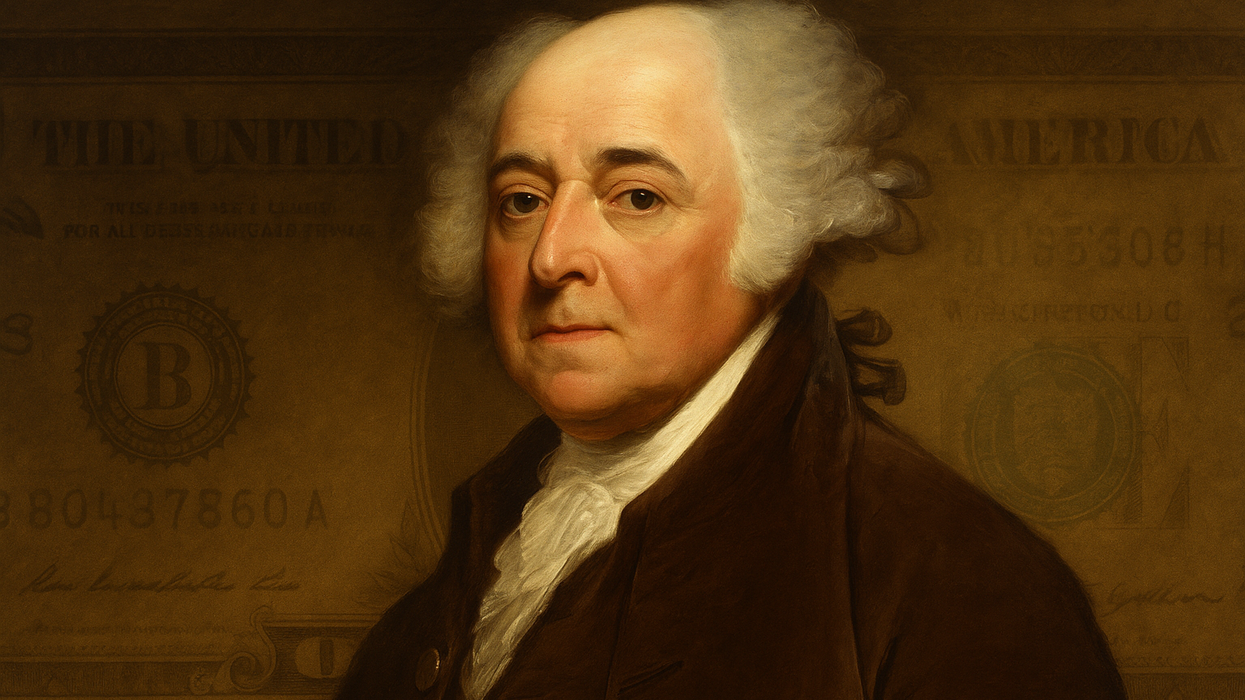John Adams understood a truth that feels even sharper today: a republic cannot endure without virtue. Writing to Mercy Otis Warren in April 1776, he warned that “public Virtue cannot exist in a Nation without [private virtue], and public Virtue is the only Foundation of Republics.” For Adams, liberty would not be preserved by clever constitutions alone. It depended on citizens who could restrain their selfish impulses for the sake of the common good.
That insight has lost none of its force. Some people do restrain themselves. They accumulate enough to live well and then turn to service, family, or community. Others never stop. Given the chance, they gather wealth and power without limit. Left unchecked, selfishness concentrates material and social resources in the hands of a few, leaving many behind and eroding the sense of shared citizenship on which democracy depends.
Adams distinguished between subjects and citizens. Subjects were ruled. Citizens participated. But citizenship required more than casting a vote. It demanded habits that sustain a free society: honesty, moderation, service, and fairness. A republic cannot rest on the hope that enough citizens will voluntarily restrain themselves. History shows that when virtue fails, only clear rules—laws that promote fairness and institutions that protect the public good—can prevent private power from overwhelming democracy itself. Without these guardrails, inequality grows unchecked, cynicism deepens, and democracy itself becomes vulnerable to collapse.
That lesson feels urgent in an age when material success is celebrated as the highest good. Wealth today buys more than comfort—it buys political influence and cultural authority. Since Citizens United v. FEC in 2010, billionaire political spending has exploded. In 2024, just 100 families spent $2.6 billion on elections—more than millions of small donors combined. Pharmaceutical companies spend millions to block reforms that would make medicine affordable. Tech companies lobby against rules designed to keep markets fair. Defense contractors protect massive budgets, even for weapons the military no longer wants. The pattern is the same: when selfishness is unconstrained, private wealth bends public institutions toward private ends.
Adams foresaw this danger. In his 1776 letter to Warren, he warned that “the spirit of commerce…is incompatible with that purity of heart, and greatness of soul which is necessary for a happy Republic.” He did not reject commerce. He saw its energy as essential. But he feared what happens when wealth becomes the only measure of worth and when no boundary—internal or external—checks its pursuit.
The problem, then, is not wealth itself. It is selfishness without limits. Private virtue can restrain it, but when virtue fails, public rules must step in. A healthy republic cannot depend on individual moderation alone. It needs laws that channel economic energy toward the common good: rules that protect fair competition, transparency that exposes corruption, and institutions that reward service over greed.
As I explored in “American Whiplash: A Republic in Cycles”, the United States has repeatedly gone through periods of excess followed by correction. The Progressive Era curbed monopolies. The New Deal built protections in the midst of a crisis. The Civil Rights Movement expanded freedom by forcing the nation to honor its promise of equality. In each case, selfishness was constrained by citizens insisting on fairness and leaders willing to act.
The question now is whether we still have the will to repeat that work. A republic cannot survive if selfishness is allowed to rule unchecked. Adams’s warning was plain: liberty itself will wither when wealth is prized over character. Some may grow very rich, but few will remain free. The true test of the republic is whether it can summon both private virtue and public courage to place the common good above private gain.
Edward Saltzberg is the Executive Director of the Security and Sustainability Forum and writes the Stability Brief.




















